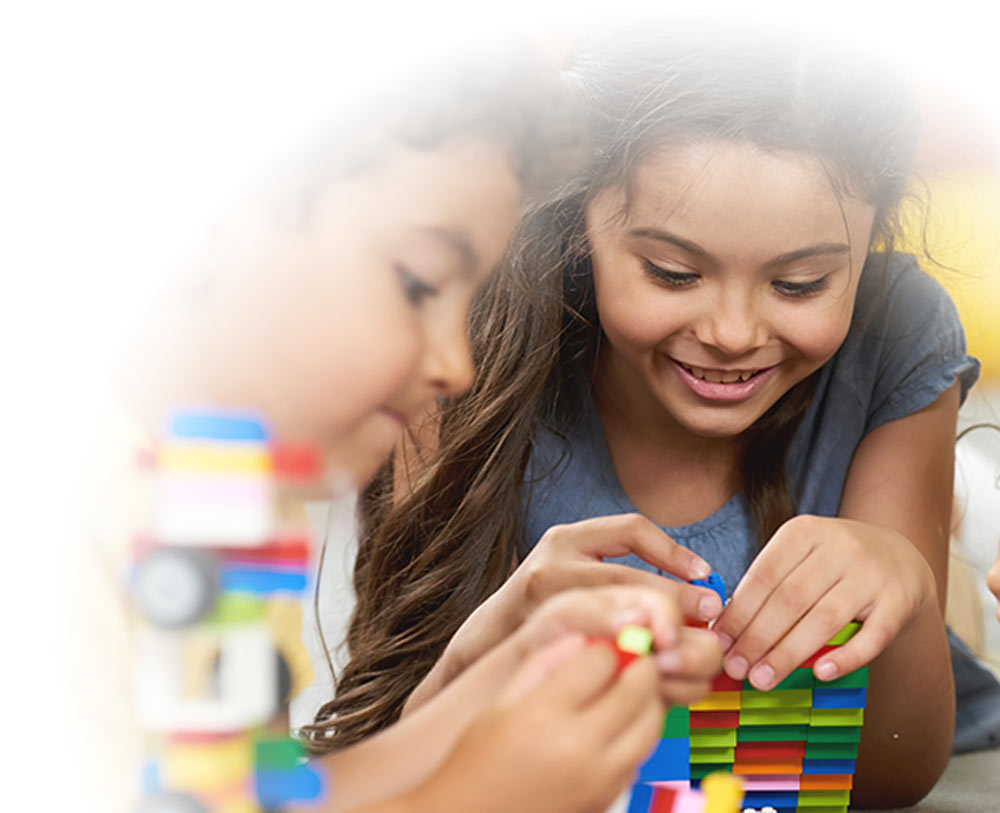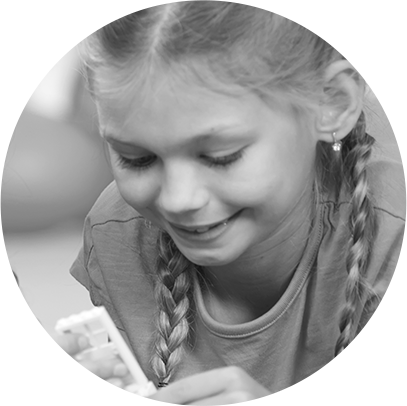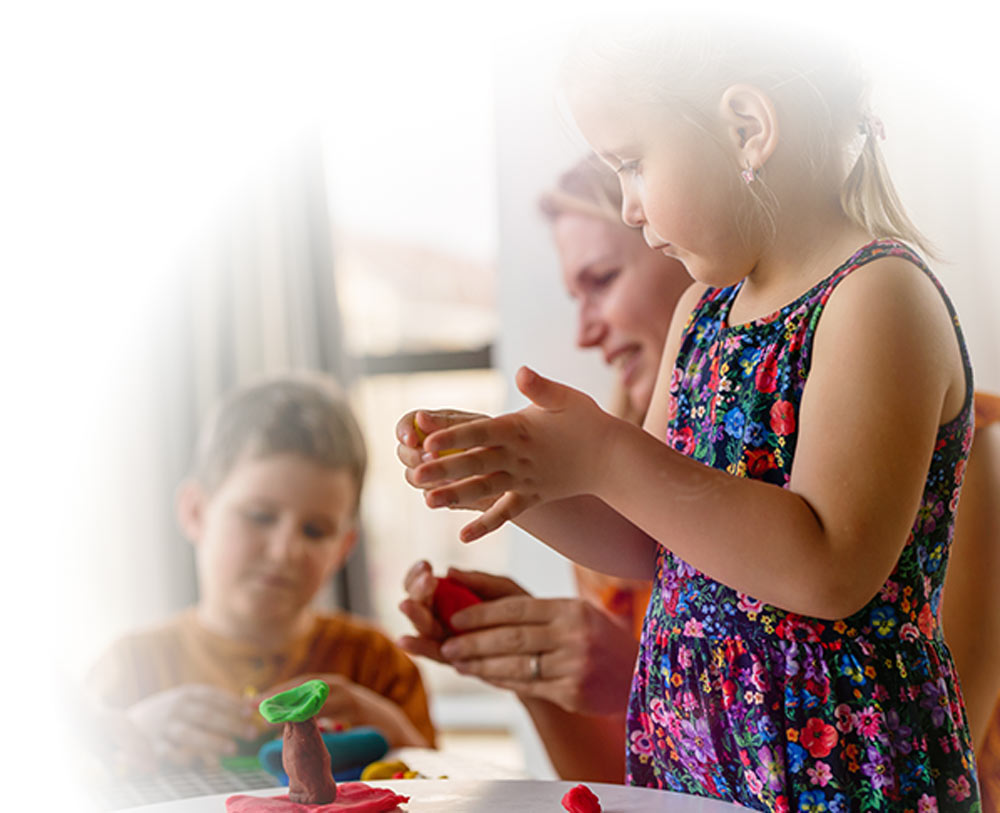- Schedule a Tour
- 207-229-1888
- jah@forkidsonlymaine.com
Kindergarten readiness occurs when exiting pre-k children are both developmentally ready to thrive and academically ready to learn in a kindergarten classroom. In other words, in addition to being emotionally ready for more responsibility, today’s kindergartners need be “ready” to tackle the same reading, writing, and mathematical skills that were once saved until first grade.
Starting early to prepare for kindergarten does not mean learning kindergarten skills in preschool, but rather, it involves making sure children have preschool skills such as being able to retell a simple story and being able to recognize the letters in their name when they enter kindergarten. If they have these skills they are more likely to be able to start the following year strong. It is important to gradually expose the children to these types of experiences during the year before kindergarten so your child will become familiar with them.
The year before kindergarten is the time to learn important skills, such as tracing the shapes of letters and numbers on paper, following simple instructions, recognizing the title of a book, and matching rhyming sounds. All of these skills are important for future school success, because together they form a foundation of strong prereading and prewriting skills necessary for future work with letters and sounds in kindergarten.
Tasks that may be second nature to older children, like properly holding a pencil and listening to a story with a group, are some of the vital skills kindergarteners will be expected to know when school begins. Joining a play group, attending story hour at the local library, and encouraging interaction with new friends are great ways to introduce your child to new social experiences, which will help them do better in school both academically and socially.
The benefit of having a collaborative learning environment—whether that’s a half-day mom-share collaboration over coffee, a full-day Pre-K center, or a few hours twice a week at a Mother’s Day Out—quality instruction gives you the benefit of having more help. It takes a village. There will be learning opportunities that happen at the center that will be almost impossible for you to duplicate in a home environment, but a collaborative learning environment will help you get your child ready.



It’s the things we play with and the people who help us play that make a great difference in our lives.
Made up of the skills that allow children to functional in a school environment and ensures they have a finer grasp on social-emotional development, language development, gross motor skills, and fine motor skills.
Social-emotional connections are crucial for pre-k children because they help them relate to one another, identify their personal feelings, understand and follow rules, demonstrate independence, and more.
Oral language development is critical in growing kindergarten-ready students because it leads to early communication and helps young children develop critical thinking skills that are now important to success in kindergarten.
As children develop more coordinated & complex large motor movements, they can participate in a wider variety of physical activities. These activities contribute to their relationship building with peers & support their ability to engage in social play.
Hand-eye coordination, object-handling, and other fine motor skills help children perform more complex tasks. As these skills are practiced and refined, they help pre-k learners prepare them for emergent writing success.
Made up of the skills that allow children to successfully learn foundational academic concepts like emergent reading, emergent writing, mathematics, or science and other content areas.
Emergent reading skills are the foundation for becoming a successful & fluent reader. Kinder-ready learners use these skills to recognize their name, recognize environment print, “pretend” to read a book, retell stories, describe illustrations, and more.
Emergent writing includes drawing, scribbling, & the production of letter-like forms that are meant to convey meaning. These skills encourage young children to think about print &d the relationships between letters & sounds; skills necessary for today’s kindergarten standards.
Positive and engaging experiences with mathematics help young children develop curiosity, imagination, flexibility, inventiveness, and persistence – skills that lead to kinder readiness and contribute to future success across other domains.
Science, social studies, and other similar content areas help students understand people and the world around them. Kindergarten-ready students need to have the sense of inquiry and critical thinking skills that these content areas inspire.
